9 potential risk and limitations a business owner should know if you only have a Will in place
As a business owner, relying solely on a Will for estate planning may expose you and your business to various risks and limitations. It’s crucial to consider these 9 potential risk and limitations and work with professionals to develop a comprehensive estate plan that effectively addresses your needs, protects your assets, and ensures the continuity and prosperity of your business for future generations. Let us look at these 9 potential risk and limitations together.
Probate Delays – A Will typically go through the probate process, which can be time consuming and costly. Before distribution starts, the court need to validate the Will and settle debts. This proces can take months or even years, causing delays in transferring ownership of your business and other assets to your heirs.
Tax Inefficiency – Without proper tax planning, the transfer of business assets through a Will may result in unnecessary tax liabilities, including estate taxes, gift taxes and income taxes. Failing to consider tax-efficient strategies could diminish the value of your estate and reduce the amount of wealth passed on to your heirs.
Limited Asset Protection – Assets distributed through a will are generally subject to claims from creditors, lawsuits, or other liabilities. If your business is included in your probate estate, its assets may be vulnerable to such claims, potentially jeopardizing their value and availability for distribution to your beneficiaries.
Lack of Business Continuity – A will does not provide a mechanism for ensuring the continuity of your business operations in the event of your death or incapacity. Without specific provisions in place, there may be disruptions to the business, including uncertainty regarding ownership, management, and decision-making authority.
Potential Disputes – Wills may be subject to challenges or disputes from disgruntled heirs, business partners, or other interested parties. Without clear and comprehensive provisions, such disputes could lead to litigation, delays in estate administration, and strained relationships among family members or business associates.
Inadequate Planning for Special Circumstances – A will alone may not adequately address special circumstances such as business partnerships, succession planning, or the needs of beneficiaries with disabilities or other unique considerations. Failing to plan for these scenarios could result in unintended consequences or hardships for your business and heirs.
Complexity of Business Assets – Businesses often involve complex ownership structures, intellectual property, contractual agreements, and other unique assets that may not be adequately addressed in a simple will. Failing to properly account for the intricacies of your business assets could lead to complications, disputes, or unintended consequences in estate distribution.
No Plan for Incapacity – A will only becomes effective upon your death and does not address what happens if you become incapacitated or unable to manage your affairs during your lifetime. Without documents such as a durable power of attorney or healthcare directive, there may be uncertainty and confusion regarding the management of your business and personal affairs in the event of your incapacity.
Public Record – Wills become part of the public record when they go through probate, meaning that the details of your estate plan, including the value of your business and the identities of your beneficiaries, become accessible to the public. This lack of privacy may not align with your preferences or could potentially expose your business to competitors, creditors, or other unwanted scrutiny.
These additional risks and limitations underscore the importance of comprehensive estate planning that takes into account the unique complexities and considerations of business ownership. By addressing these factors proactively, you can minimize risks, protect your assets, and ensure a smooth transition for your business and heirs in the future. Speak to a professional or alternatively book a free 1 hour consultation from me to craft a better plan for yourself, your wealth and your family.
Important: The information and opinions in this article are for general information purposes only. They should not be relied on as professional financial advice. Readers should seek independent financial advice that is customised to their specific financial objectives, situations & needs.

Published By:
YF Foong, Eunive (冯玉芬)
“As a dedicated financial advisor, my passion lies in collaborating with individuals, particularly business owners, to safeguard their hard-earned wealth. My primary goal is to ensure that the wealth you diligently accumulate throughout your lifetime is securely protected, smoothly transferred, and effectively preserved for your chosen heirs in a fast, seamless, and reliable manner.
Wealth distribution planning is deeply personal, with each individual harboring unique desires and concerns. I pride myself on being a attentive listener, eager to understand your innermost worries and aspirations. Together, we navigate through your thoughts and preferences to chart a tailored roadmap that aligns with your ultimate wishes.
A well-defined wealth distribution roadmap not only provides clarity but also shields you from unexpected distractions along life’s journey. With this roadmap in hand, you can confidently pursue further wealth accumulation, knowing that you’ve established a robust financial safety net.
I invite you to take the next step forward with me on this journey. Let’s connect soon to discuss your financial aspirations and craft a plan that secures your legacy.”

